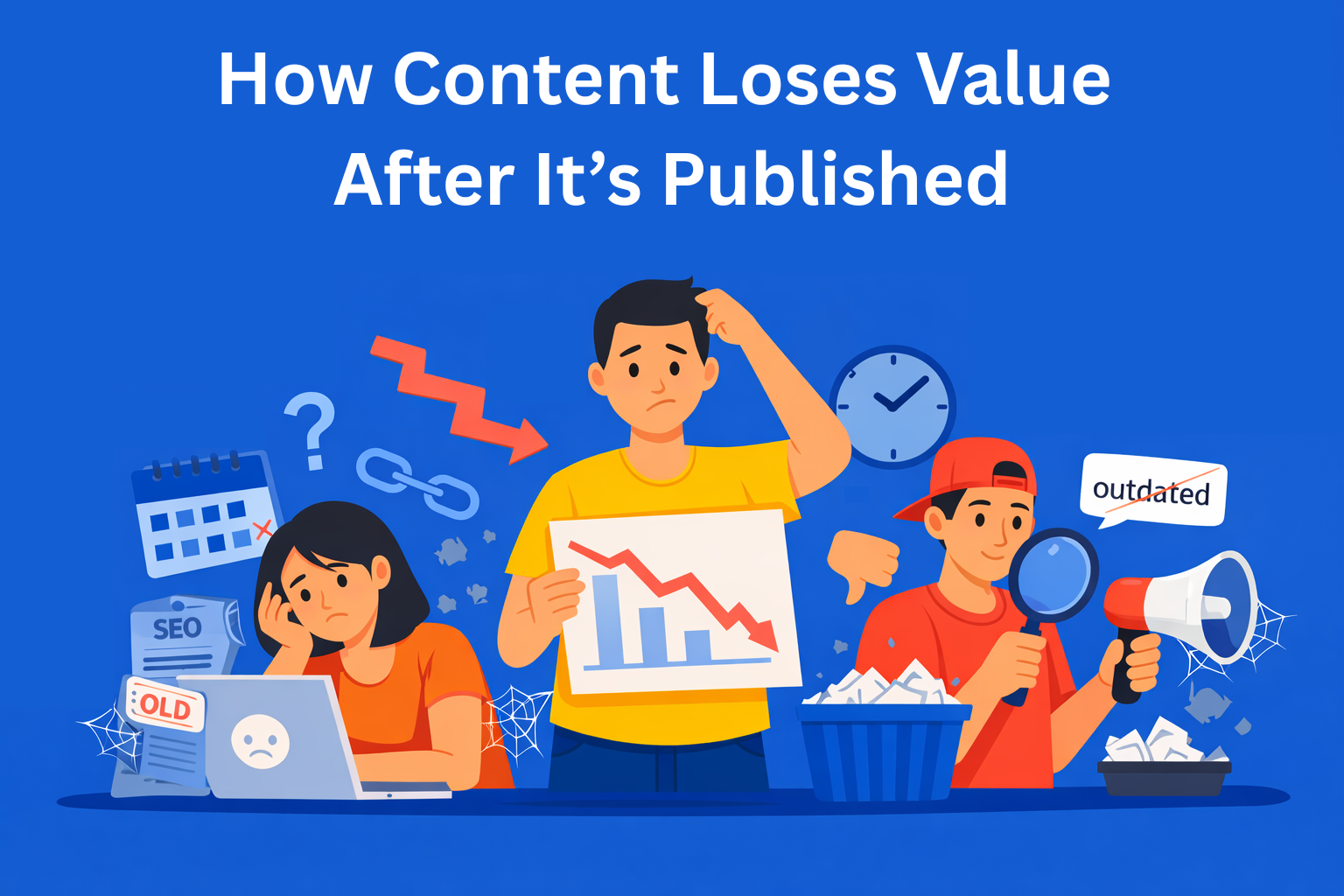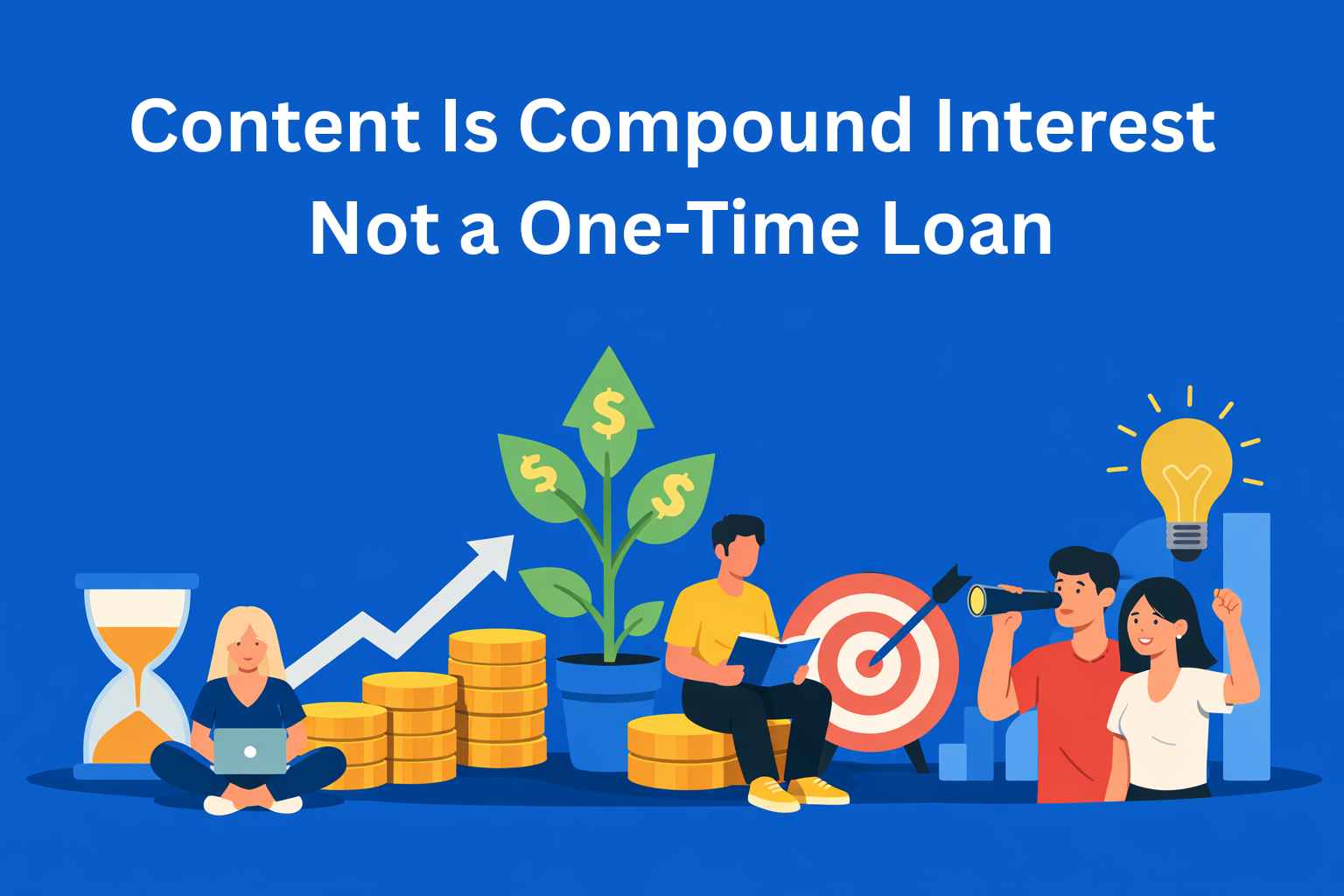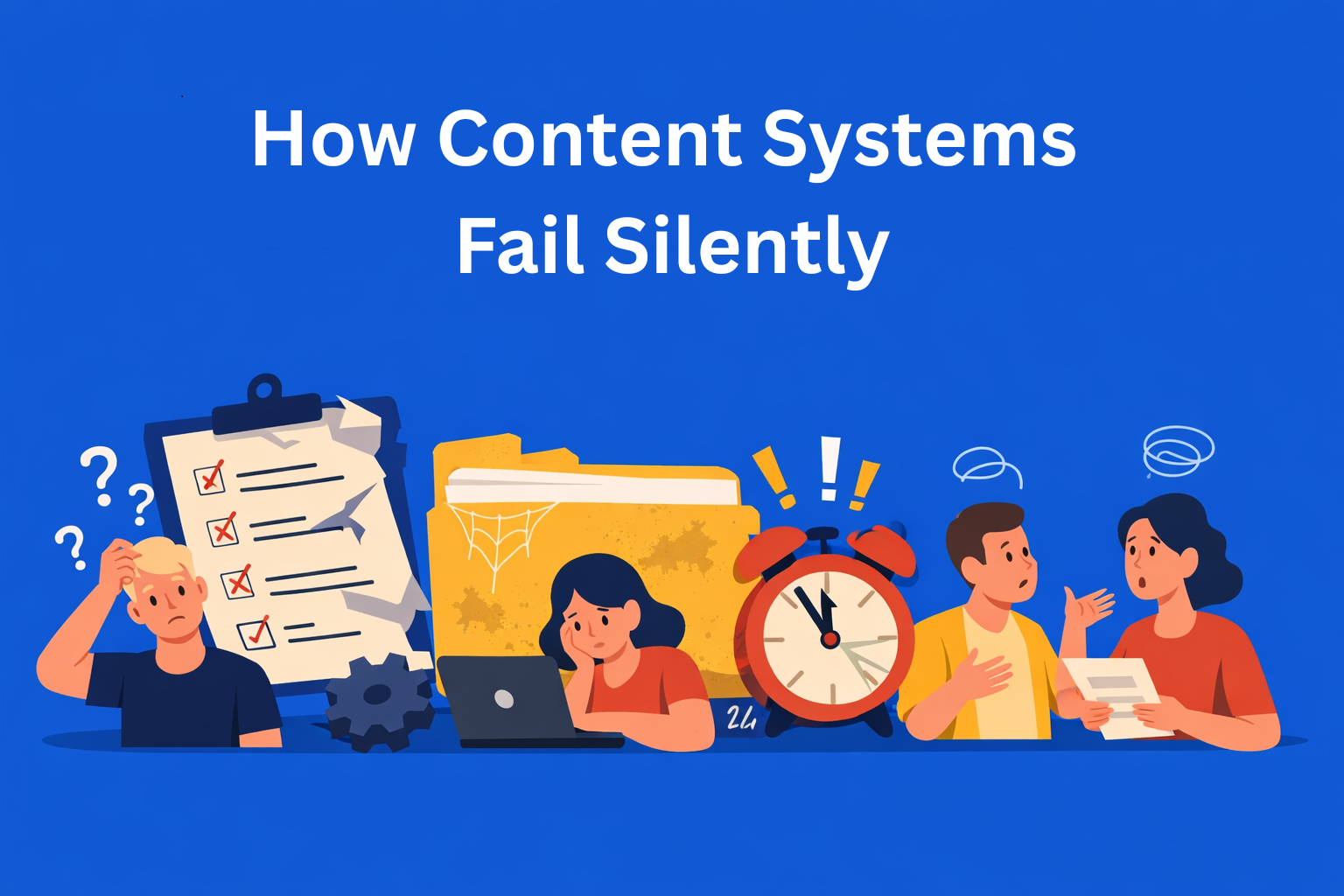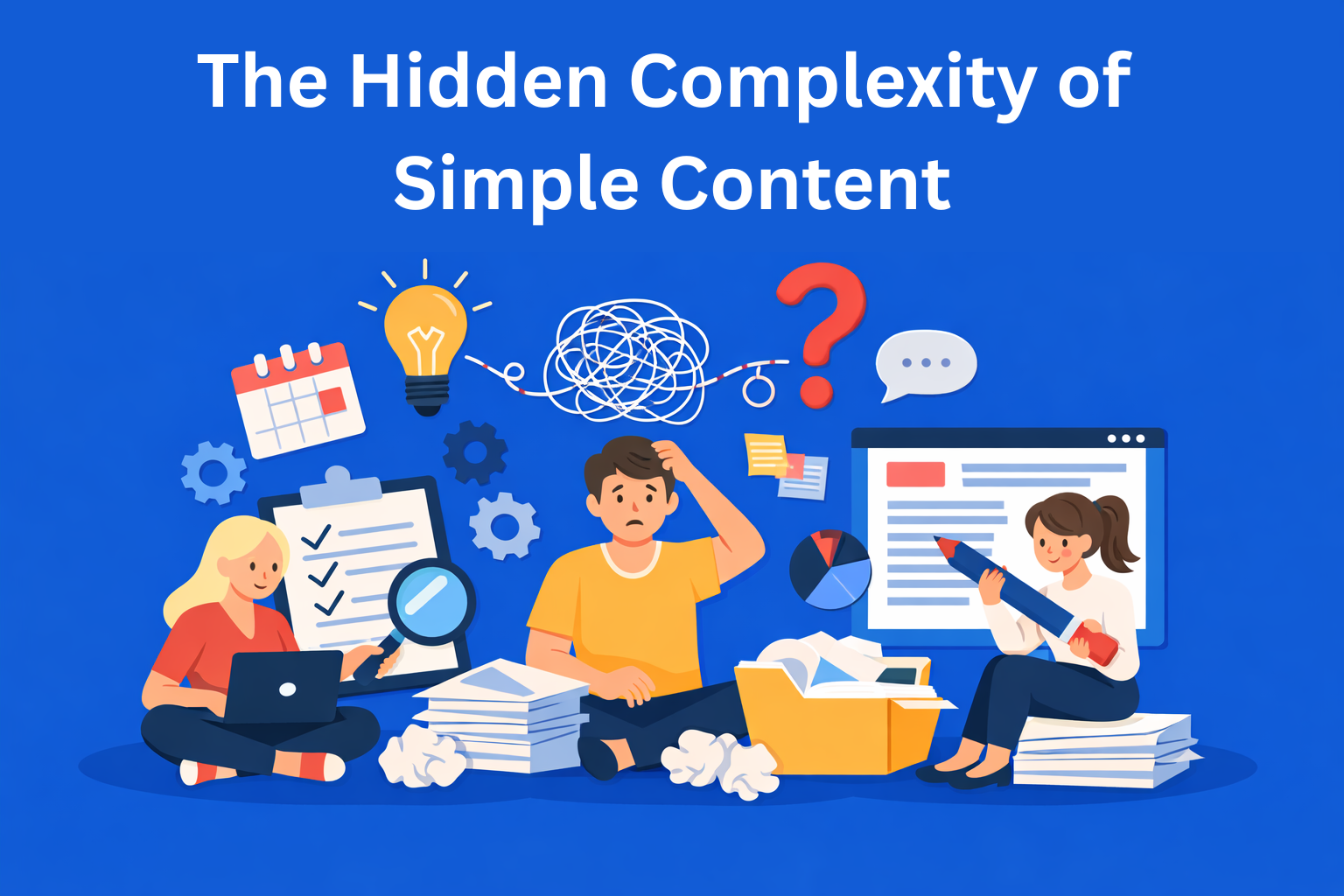What Is AI Analytics and Why Content Teams Should Care
AI Analytics is transforming content marketing. Discover how using AI to analyze data helps teams predict trends, personalize content, and boost performance. Stay ahead of the competition, start leveraging AI analytics today.
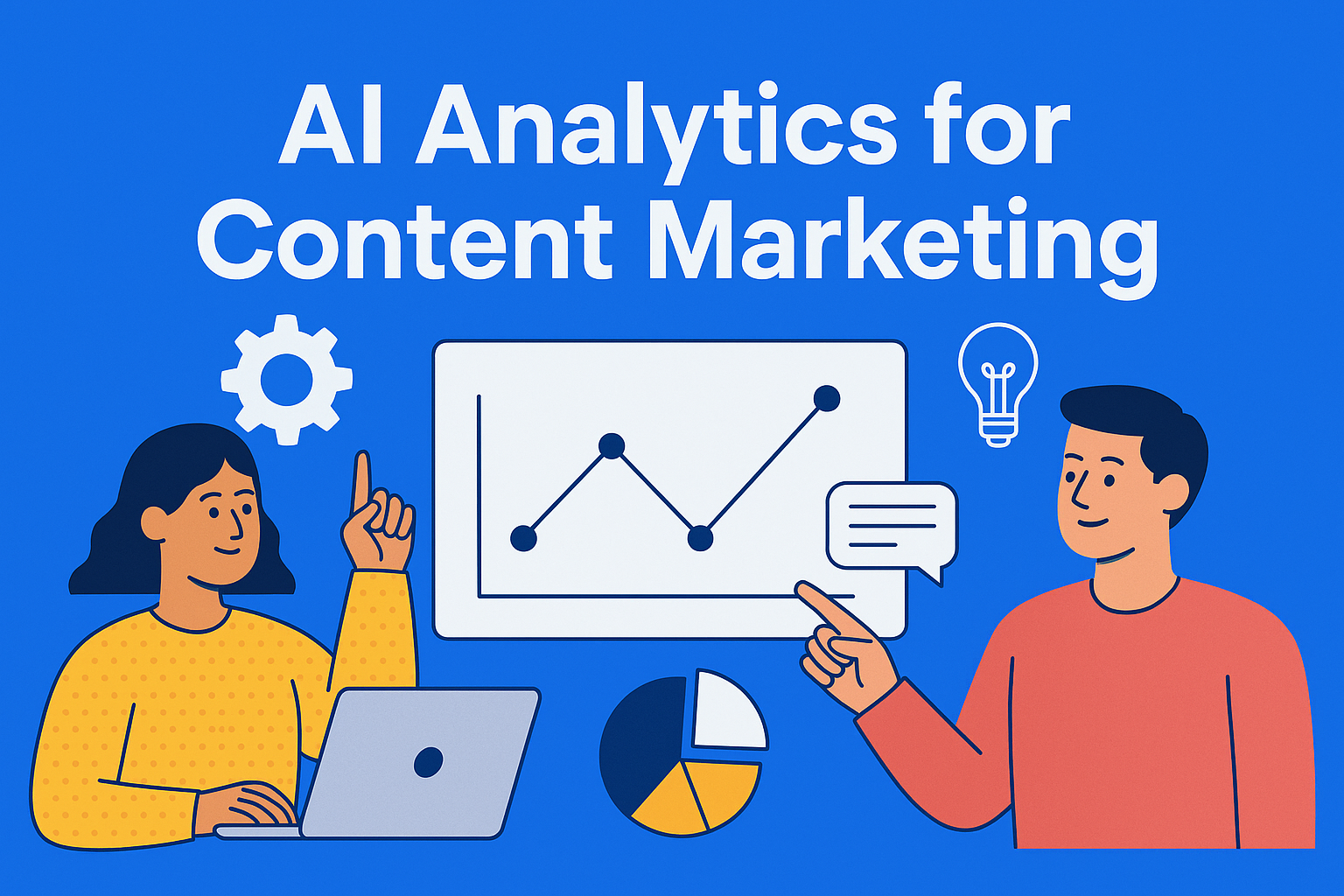
If you’re in the world of digital marketing, you’ve probably heard of AI Analytics, but you might not be entirely sure what it actually means. In short, AI Analytics uses artificial intelligence to analyze huge amounts of data and extract insights that help make better decisions. Sounds like science fiction? Not anymore! This technology is now a reality and makes a big difference, especially when it comes to content marketing.
Why should this matter to you? Because AI Analytics can completely change how you create and share content, leading to a more engaged audience, better performance, and less guesswork.
Key Takeaways
- AI Analytics goes beyond traditional reporting - It doesn’t just show what happened; it predicts what’s next and recommends actions.
- Boosts content strategy - Helps identify trending topics and create personalized content your audience wants.
- Saves time and improves accuracy - Reduces manual guesswork and eliminates common reporting errors.
- Main challenges to address - Data quality, implementation costs, and privacy compliance are critical factors.
- Start small and scale - Define clear goals, choose the right tools, and gradually introduce AI Analytics to your workflow.
What Is AI Analytics?
AI Analytics is a combination of advanced algorithms, machine learning, and natural language processing that allows data to be analyzed at a level traditional analytics can’t reach. While traditional tools can show what happened, AI Analytics goes further to explain why it happened and what is likely to happen next.
Imagine having a tool that not only tracks how many people read your blog but also predicts which topics will be popular next month. This ability to forecast future trends is one of the core strengths of AI Analytics.
How Does AI Analytics Work?
The process is quite logical:
- Data collection from various sources - your website, social media, and CRM systems.
- Analysis and modeling using algorithms that learn from historical data.
- Generating insights to help you optimize content and increase engagement.
The difference between traditional analytics and AI analytics is that AI offers more than just showing what happened. It also predicts what will happen next and gives you recommendations on what actions to take. In other words, you don’t just know what happened - you know what to do next.
Why Should Content Teams Care?
If you think AI Analytics is only for data experts, think again. For content teams, this means:
- Personalization - creating content your audience truly wants.
- Trend prediction - staying ahead of the competition by knowing what topics will be hot.
- Performance optimization - identifying what works and what doesn’t.
- Time savings - less manual work, more smart decisions.
In practice, this means you don’t waste time guessing which topics will work with your audience; you have concrete data and actionable insights instead.
Main Benefits for Teams
AI Analytics offers several important benefits for teams. First, it helps you make decisions much faster because you have clear data instead of guesswork. Next, the analysis is more accurate and reduces errors that often happen when everything is done manually. Another big advantage is that you get to know your audience better and understand their needs, so your content becomes more aligned with their interests. Finally, this technology allows you to create more content without losing quality, which is essential if you want to grow.
Challenges and Limitations
Of course, AI Analytics is not a magic solution for everything. There are some challenges you need to understand: The first challenge is the need for high-quality data - if the data is incomplete or inaccurate, the results won’t be reliable. The second challenge is implementation costs, since adopting these technologies can require extra resources and team training. The third major challenge is privacy and ethics in handling data, because you must ensure user data is used safely and legally.
The good news is that when these challenges are properly addressed, the benefits in most cases far outweigh the obstacles.
How to Get Started with AI Analytics?
The first step is to clearly define your goals - think about what exactly you want to achieve, whether it’s better audience understanding, content optimization, or higher conversions. After that, choose a tool that fits your needs, whether it’s Google Analytics 4 or a specialized AI platform with advanced options, such as Adobe Sensei, IBM Watson Analytics or Salesforce Einstein. Finally, introduce AI Analytics gradually: test its features on smaller projects, review the results, and train your team so everyone gets comfortable with the new way of working.
Conclusion
AI Analytics isn’t just a buzzword. It’s a powerful tool that changes the way content teams work, saves time, and boosts success. If you want to stay competitive, now is the time to start experimenting with AI analytics!



